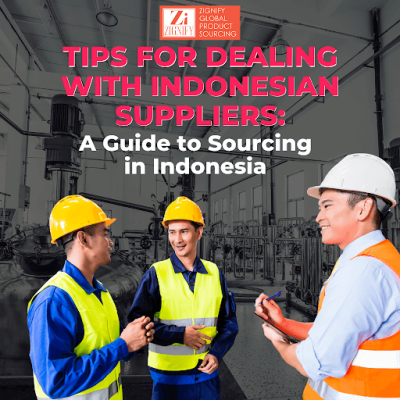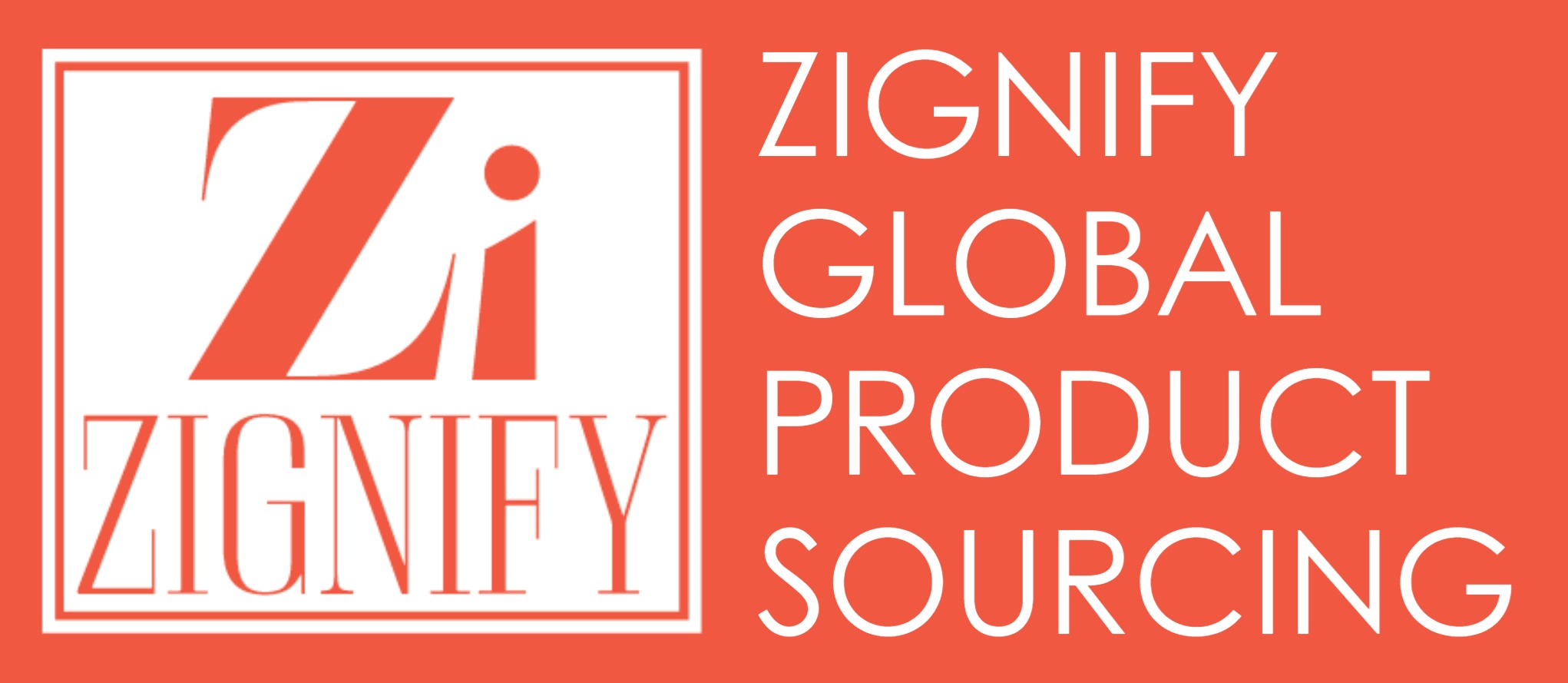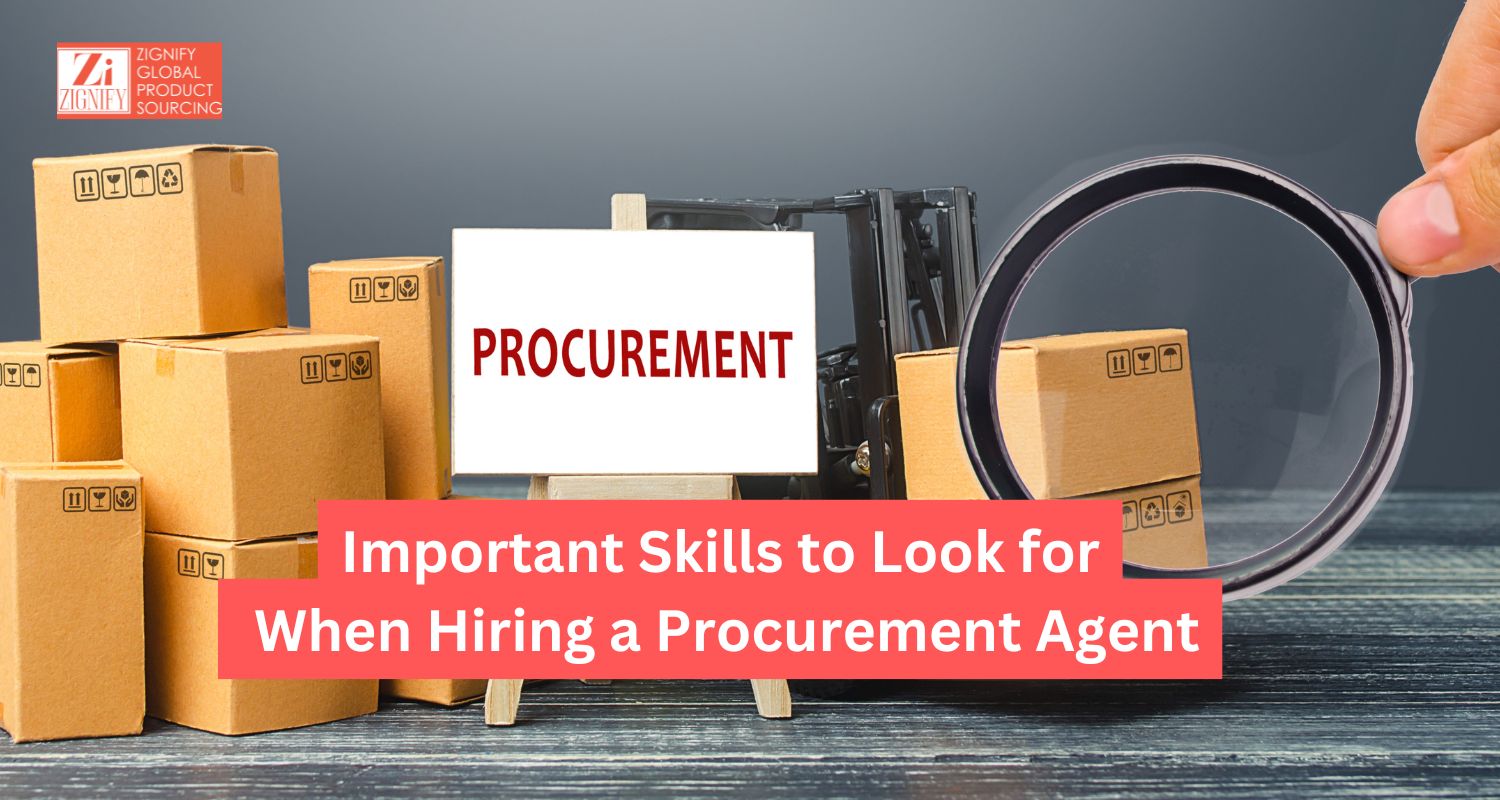
Thinking about sourcing products from Indonesia? You’re making a fantastic choice. Indonesia is becoming a global manufacturing powerhouse, offering everything from textiles and furniture to coffee and eco-friendly products.
But, as with any sourcing adventure, understanding the local culture and business practices can make all the difference. Let’s dive into some tips and tricks for navigating the world of Indonesian suppliers.
1. Understand the Importance of Relationships (It’s All About Trust!)
In Indonesia, business isn’t just about transactions but relationships. Before you jump into negotiations or start asking about prices, take time to build rapport. Here’s how:
- Be Polite and Respectful: Indonesians value courtesy. Start with a warm greeting (a simple “Selamat pagi” for good morning works wonders).
- Collectivism and Community: The concept of kekeluargaan, or familial ties, plays a significant role in Indonesian workplaces. Emphasizing teamwork and community can enhance cooperation and mutual respect among business partners.
- Show Genuine Interest: Ask about their business journey, the products they’re proud of, or even their family—this shows you’re interested in more than just numbers.
- Take Your Time: Rushing into business might come across as impersonal. Indonesians appreciate a steady pace, so don’t be afraid to invest time in building trust.
- Indonesians take pride in their products, and they’ll often invite you to their factories or offices. If you can, visit them! It shows you’re serious and helps you see their operations firsthand.
Pro Tip: Accepting invitations to share a meal or coffee during your visit is a great way to bond. They love sharing their culture through food—don’t miss out on nasi goreng or sate!
2. Know the Language Basics (Even a Little Effort Counts!)
While many suppliers, especially in urban areas, speak English, learning a few Bahasa Indonesia phrases can score major points. Here are some essentials:
- “Berapa harganya?” (What’s the price?)
- “Saya tertarik dengan produk ini.” (I’m interested in this product.)
- “Terima kasih.” (Thank you.)
Even if your pronunciation isn’t perfect, your effort will be appreciated. Plus, it’s a fun way to connect!
3. Communication Style
- Indirect Communication: Be aware that Indonesians tend to avoid direct confrontation or outright refusals to maintain harmony. Use polite language and be prepared for nuanced responses. Listening carefully is crucial as it reflects respect and understanding.
- Respect for Hierarchy: Business interactions are typically hierarchical. Acknowledging titles and showing respect for seniority is essential. Decisions are often made by higher-ups, so patience is necessary during negotiations.
4. Negotiate, But Respectfully
Negotiation is expected in Indonesia, but how you go about it matters. Be friendly yet firm. Some tips:
- Start Low, Aim Fair: Begin slightly lower than what you’re willing to pay but avoid offering ridiculously low prices, which can be seen as disrespectful.
- Highlight Win-Wins: Frame your requests as mutually beneficial. For example, “If we can agree on this price, I can place a larger order next time.”
- Be Patient: Negotiations may take longer than expected as Indonesians prefer to build consensus rather than rush into decisions. Focus on long-term relationships rather than quick wins. Don’t pressure or rush the supplier—it’s a cultural no-no.
5. Respect Religious and Cultural Practices
Indonesia is a diverse country, with a majority Muslim population. Being mindful of their customs can make your interactions smoother.
- Prayer Times: Many suppliers may observe daily prayers (especially during Ramadan). Be flexible with meeting schedules.
- Gift-giving: Although not mandatory, gift-giving can enhance business relationships. If you choose to give a gift, ensure it is modest and presented with both hands as a sign of respect. Avoid Alcohol Gifts: If you’re giving a token of appreciation, skip the wine. Opt for something universally appreciated, like chocolates or branded merchandise.
- Understanding Local Customs: Familiarize yourself with local customs and traditions that may influence business practices. This includes recognizing significant holidays or cultural events that could impact business operations
6. Business Etiquette
- Punctuality vs. Flexibility: While punctuality is appreciated, a relaxed approach to time is common in Indonesia. Be prepared for meetings to start later than scheduled and approach this with understanding.
- Dress Code: Formal attire is expected, reflecting professionalism. However, consider the local climate when choosing your outfit, opting for breathable materials that maintain a formal appearance.
What are some common misunderstandings in business interactions with Indonesian suppliers?
- Language Differences: While many Indonesians in urban areas speak English, language proficiency can vary significantly, especially in rural regions. This can lead to misunderstandings regarding product specifications, pricing, and delivery timelines. Clear and simple communication, supplemented by visuals like diagrams or product photos, is essential to minimize confusion. Investing in a local translator can also come in handy.
- Negotiation Styles: The negotiation process in Indonesia can be lengthy and requires patience. Some foreign businesses might expect rapid agreement and closure, leading to frustration when discussions extend over multiple meetings. Recognizing that patience is a virtue in Indonesian negotiations can help manage expectations.
- While many Indonesian manufacturers produce high-quality goods, there can be variability in product quality. Foreign businesses might assume that once specifications are agreed upon, quality will consistently meet international standards without ongoing oversight. Implementing robust quality control measures and regular inspections is essential to ensure compliance with expectations. Partner with a third party to help you through the processes of quality control and inspections.
- Navigating Bureaucracy: Indonesia’s regulatory environment can be complex and unfamiliar to foreign businesses. Misunderstandings regarding import/export regulations, tariffs, and compliance requirements can lead to delays and unexpected costs. Engaging local experts or consultants can help navigate these complexities effectively.
How to find reliable Indonesian suppliers quickly and efficiently?
- Leverage Reputable Marketplaces: Websites like Alibaba, Global Sources, TradeAsia, Made-in-Indonesia.com and Buyamia provide extensive databases of Indonesian suppliers categorized by industry. You can filter results based on product type, location, and supplier ratings to find suitable partners quickly.
- Explore Local Directories: Platforms such as Indo Trading and Made In Indonesia offer access to verified suppliers across various sectors. These directories often include reviews and ratings, helping you gauge the credibility of potential partners.
- Participate in Trade Fairs: Attending industry trade shows in Indonesia allows you to meet suppliers face-to-face, assess their products, and build relationships. Events organized by local chambers of commerce or industry associations can provide valuable networking opportunities.
- Collaboration with who have expertise in the Indonesian market can streamline your search for reliable suppliers. These professionals can conduct due diligence, negotiate terms, and help navigate local business practices on your behalf.
- Perform Due Diligence: Before finalizing any supplier, conduct comprehensive background checks. Verify their business licenses, certifications, and reputation by requesting references from other clients. This step is crucial to ensure reliability.
- Request Samples: Always ask for product samples before placing large orders. This allows you to assess quality firsthand and ensures that the supplier meets your specifications
- Schedule On-Site Inspections: If possible, visit the factories of shortlisted suppliers to evaluate their production capabilities, quality control processes, and working conditions. This firsthand assessment can help confirm their reliability and commitment to quality standards
Final Thoughts 💬
Dealing with Indonesian suppliers is as much about building relationships as it is about securing products. By understanding their culture, respecting their customs, and approaching the process with patience and care, you’ll not only find reliable suppliers but also establish lasting partnerships.
If you’re interested in learning more about sourcing from Indonesia, we have an upcoming Indonesia sourcing trip where you can gain valuable insights and hands-on experience from experts in the field. Don’t miss this chance to deepen your understanding and build connections that will benefit your business for years to come!




